
Marine Le Pen looks for an electoral boost on the French Riviera
Leila Abboud | 16 juin 2021
Win in regional ballot could lift far right leader’s chances in 2022 presidential poll.
In the south of France, Marine Le Pen is hoping that her far right party is about to break a glass ceiling by winning a regional election, boosting her chances to become president next year.
Although the winner of Sunday’s vote in Provence-Alpes-Côte d’Azur will only deal with local issues such as transport and school buildings, the stakes are high as Le Pen’s Rassemblement National (RN) party could for the first time capture one of France’s 13 regions.
That would give her party a chance to prove it can govern more than the smaller towns it has so far. As the RN is fielding a strong candidate, the odds that Le Pen’s hopes will bear fruit also look good.
“If the RN wins in PACA, it will be a real event . . . It will show that the traditional political parties can no longer stop them,” said Dominique Reynié, a political-science professor who heads the Fondapol think-tank. “If they take a region, it means they can take the country.”
Le Pen recruited the RN’s regional candidate, Thierry Mariani, an experienced politician from the centre-right Les Républicains (LR) party, betting he would have credibility with voters. Such tactics are all part of Le Pen’s efforts to normalise the extremist movement that her father Jean-Marie Le Pen founded in the 1970s.
They seem to be working. Mariani’s list of local officials is leading polls, both for Sunday’s first round and in projected matchups for the second on June 27. Nationally, the RN is also in first place in six regions and on track to exceed its 2015 regional performance when it won the most first-round votes.
At a campaign rally in the medieval town of Brignoles, Renaud Muselier, the LR incumbent, urged voters not to fall into Le Pen’s trap, arguing that Mariani was a “Trojan horse” to draw voters from the traditional right. “It is worrying that people are mixing up the presidential election with local ones — do not make this mistake!” he told a crowd of several hundred.
Even so, many politicians seem to be doing just that, making this year’s regional votes a dress rehearsal for presidential elections next May. Parties are jostling for influence as polls, in a rerun of 2017, predict a tight race with President Emmanuel Macron and Le Pen facing-off in the second round.
Adding to the stakes this Sunday, two presidential hopefuls, Valérie Pécresse and Xavier Bertrand, are gunning for victory in their respective regions of Ile-de-France and the Hauts-de-France. Each wants to prove they are the best standard bearer for the Gaullist LR party.
Perhaps most importantly, the regional elections will test the political alliances and tactical voting that are key to France’s two round electoral system and can make results highly unpredictable.
Under an approach known as the front républicain, voters on both the left and the right often vote tactically to block the far-right from winning and, in their view, protect ideals of equality and rule of law. In 2002, this stopped Jean-Marie Le Pen from winning the presidency. In 2017, it also helped Macron beat Marine Le Pen.
Whether the front républicain happens again remains an open question. Much depends on what the leftwing does — namely if candidates withdraw, and then its supporters vote tactically against the RN.
In the south of France, the left’s alternative would effectively hand the region to the far right. As for the centre right, its desire to fend off the RN prompted Muselier to sign an unexpected alliance with Macron’s party, a move that ultimately backfired as it set off a firestorm in his camp.
Campaigning in Marseille, Mariani rejected the idea that the RN was a threat to democratic values. “The RN today is a party like any other, and has nothing to do with the caricature of the past,” he told a rally.
“Marine Le Pen has never been convicted of a crime, nor does she have the same excesses of language that her father once did,” he added, referring to Le Pen’s 2018 conviction for denying the gravity of the Holocaust’s gas chambers.
On the contrary, the FN was “ahead of its time” on issues such as crime and immigration, Mariani argued. “If we win, I think it’ll be good for the region. If Marine Le Pen wins, it’ll be good for France.”
Back in Brignoles, his opponent Muselier strongly disagreed that the RN had evolved or was even qualified to run a region of 5m. He called the party by its old name, the Front National, as a reminder of its roots.
“It’s the same people and the same ideas, but stronger and even more dangerous because they are camouflaged,” he told reporters afterwards. “I am trying to unmask them.”
That the far right is doing well in Provence-Alpes-Côte d’Azur is not altogether surprising, said Christèle Lagier, a professor at Avignon University who studies the far right.
In the 1960s, many of the French residents of Algeria known as pied-noirs moved to the area when the north African country gained independence, seeding the then new far-right movement.
Such allegiances have faded with time, said Lagier. But, instead, many RN voters today are younger working-class people angry about what they see as growing income inequality, poor access to housing, and a sense they pay too much tax while immigrants get more government help.
Nonetheless, Lagier is unconvinced the RN will pull off a victory here. “For 20 years, people have predicted they will win the region, and they haven’t yet,” she said.
“It’s hard for them to attract candidates and competent people . . . There is a paradox of a party that wins votes, helped by abstention, but a political structure that is quite weak.”
Read the article on ft.com.


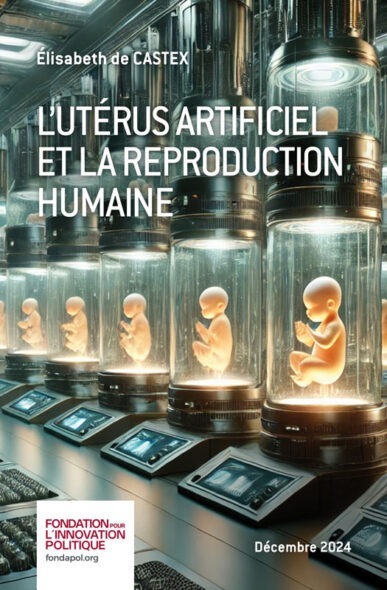
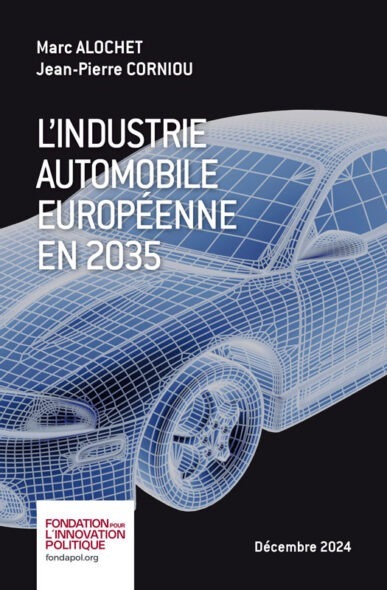
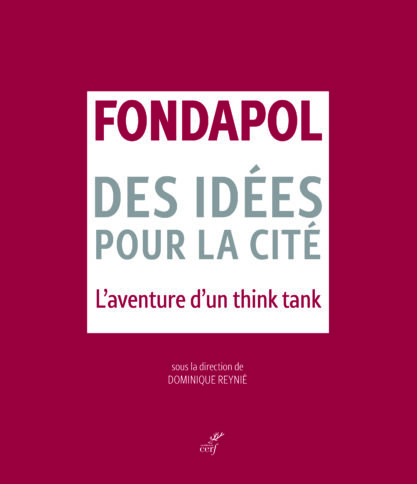
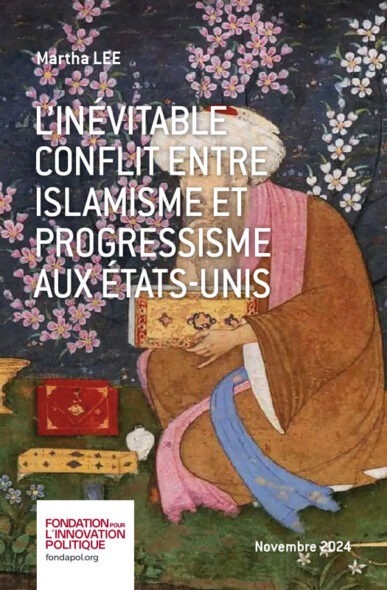
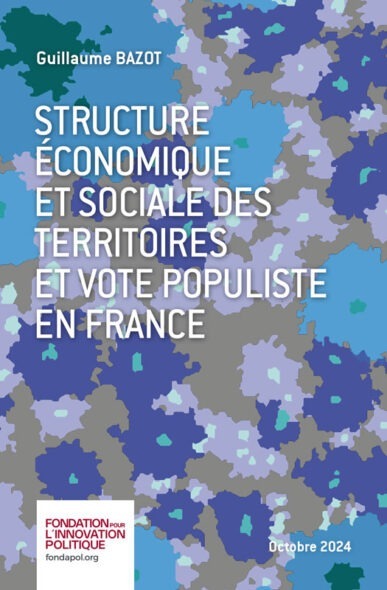
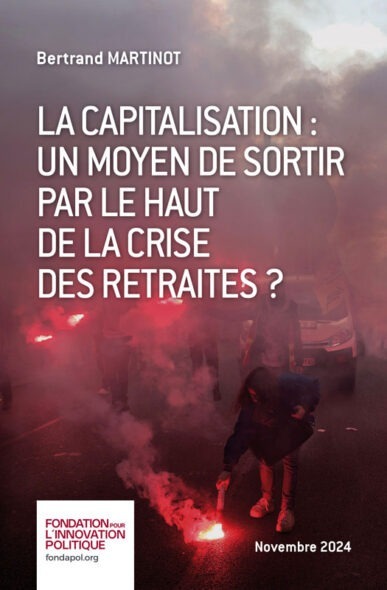
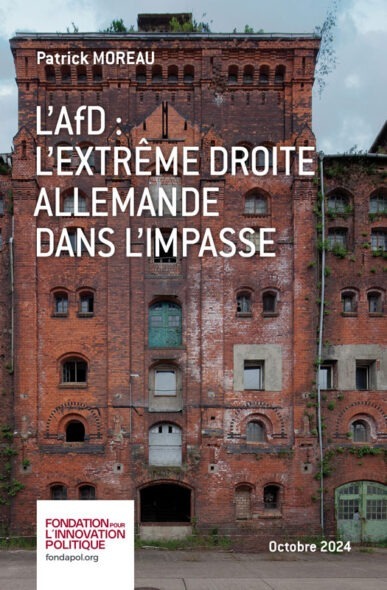

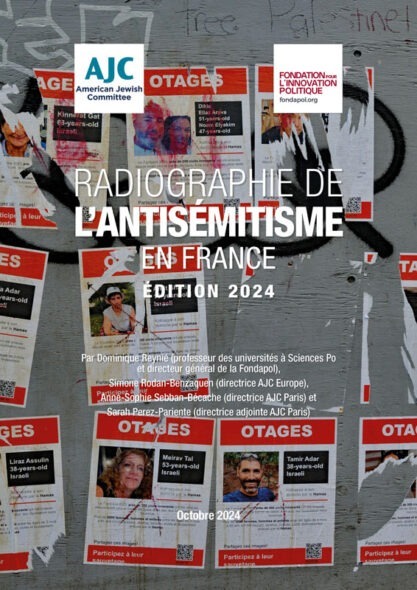

Aucun commentaire.